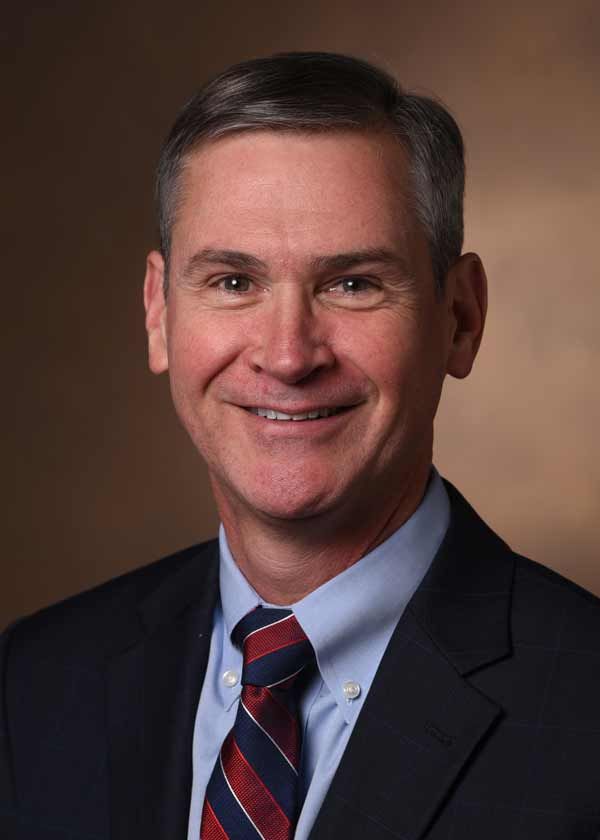- Bone Health
- Immunology
- Hematology
- Respiratory
- Dermatology
- Diabetes
- Gastroenterology
- Neurology
- Oncology
- Ophthalmology
- Rare Disease
- Rheumatology
What Should Educational Materials Include to Instill Confidence in Biosimilars?
A panel of physicians gave advice on how biosimilar educational materials should instill confidence in these medications and which policies may be more harmful than beneficial.
To be effective in improving physician and patient confidence in biosimilars, educational material needs to be readily available, accessible for all types of learners, and distributed regularly, a panel of physicians argued in a recent webinar.
The webinar was presented by the Biologics Prescribers Collaborative and featured 3 physicians who discussed some major hindrances to biosimilar uptake and access and whether currently proposed solutions would succeed.
Building Confidence in Biosimilars
All the panelists pointed to education as a main way to build physician and patient confidence in biosimilars.
Angus Worthing, MD, a rheumatologist at Arthritis and Rheumatism Associates in Wheaton, Maryland, said that the FDA’s efforts to promote patient-friendly information and the existence of the Purple Book, a public list of existing biologics in the United States, are helpful but not enough. He also stated that the Advancing Education on Biosimilars Act of 2020, which passed in the Senate in December 2020, is a great step forward.
In regard to issuing a positive message on biosimilars, David Charles, MD, chairman of the Alliance for Patient Access and a practicing neurologist at Vanderbilt University in Nashville, Tennessee, said that, “patients and clinicians need to hear it over and over and over from multiple sources. So, the idea of having 1 clearinghouse for education is great, but you also want educational materials available in other locations and in different media.”
Charles described how educational material should be provided in different media, including written, video, and auditory formats, to cater to the different ways that people learn.
Dennis Cryer, MD, chief medical officer at CryerHealth and a member of the Global Liver Institute’s board of directors in Washington, DC, argued that educational material should be easy to find and promoted through organizational newsletters and distributed to patients in easy-to-understand written or electronic formats.
“Make sure patients can get them and that they don’t have to go look for them or go to the FDA website and try to navigate that to find what they’re looking for, because that could be a significant barrier,” said Cryer.
Most-Favored Nations
Worthing discussed the Most-Favored Nation Model, a controversial proposal put forth by the Trump administration in its final days that addressed international reference pricing. The policy, blocked in January by a federal judge, was intended to change the way Medicare Part B drugs are reimbursed so that payment is based on the lowest adjusted international sales price instead of a drug’s average sales price.
Although the policy was intended to lower prescription drug prices, Worthing argued that an estimated 9% of Medicare Part B patients would have lost access to coverage for their medications because physicians wouldn’t be able to afford to provide the drugs under the lower reimbursement system.
Additionally, the policy would’ve gone into effect during the COVID-19 pandemic and expired after 7 years, potentially preventing many elderly patients with chronic conditions from having access to disease managing medications. “This is just the worst time to be doing anything like that,” said Worthing.
Worthing also said that he was surprised that the proposal was introduced with so little preliminary discussion. There was no time for a proper preview or for health care systems to comment. The lack of a comment period, he argued, was problematic because that left it up to the courts to stop the program from being implemented and provide a review phase.
ICER Value Assessments
Another topic of controversy among panelists was the Institute for Clinical and Economic Review (ICER) value assessments, which are reports aimed at assessing the savings value of drugs based on clinical trial data. The data focusses on quality-adjusted life years gained by a patient while taking a drug. However, the appropriateness of this assessment is debatable.
Charles argued that despite ICER’s good intentions to address rising health care costs, some physicians have concerns about the organization’s methodology. Clinical trial data are typically intentionally narrow and include small patient populations, making them less representative of a drug’s value in a real-world setting.
Additionally, Charles states that “it really makes no sense” for ICER to issue a value to a drug before receiving FDA approval because no physicians have had an opportunity to prescribe them yet.
“If, as some assert, the methods that ICER is employing have flaws and those results are then used by payers to restrict patient access to new and innovative therapies, that’s where I as a clinician really have a problem with that. I want, and my patients want, access to more therapies—not restrictions placed by insurance companies or other [entities].”
Cryer elaborated, saying that the perspective of patients, in addition to physicians’, should be taken into consideration when assessing a drug’s value because they are the people who are going to be most affected.
He added that assessing drug value before the FDA has approved any indications is flawed because, at that time, no one knows how a drug will be used and what kind of patients will use it.
Newsletter
Where clinical, regulatory, and economic perspectives converge—sign up for Center for Biosimilars® emails to get expert insights on emerging treatment paradigms, biosimilar policy, and real-world outcomes that shape patient care.



